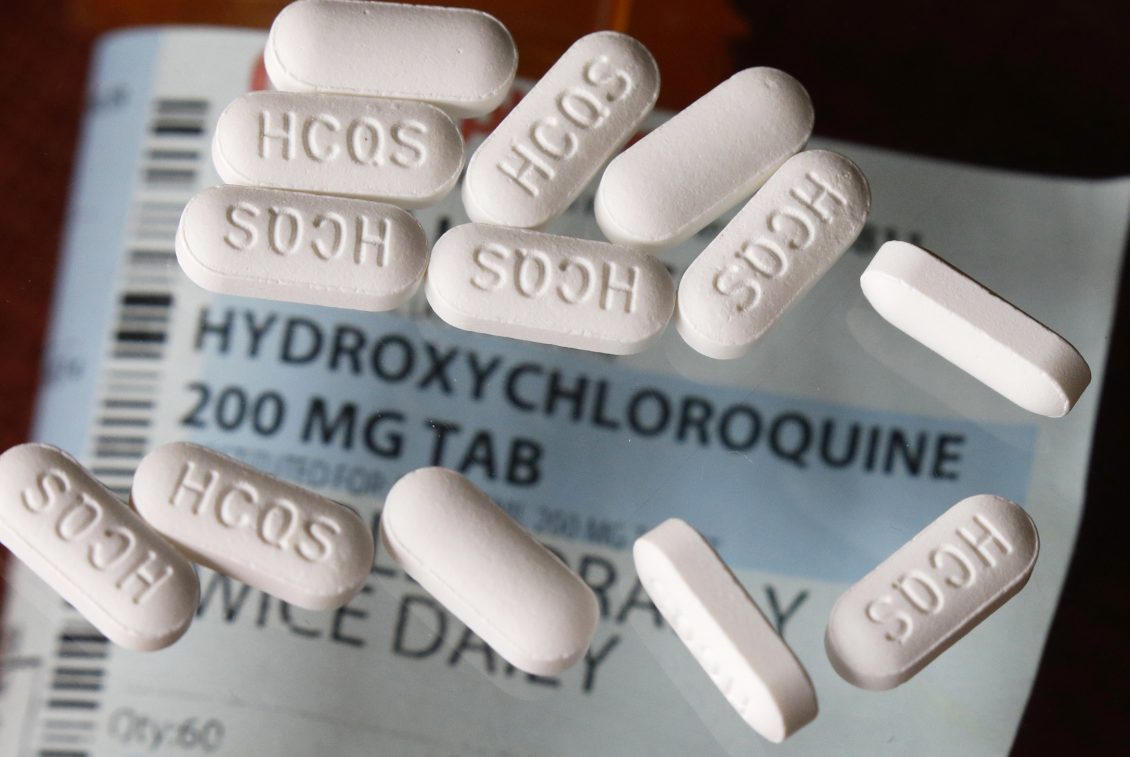Researchers at New England Journal of Medicine said in a new study published on Thursday that coronavirus patients who took hydroxychloroquine did not appear to fare any better than those who did not take the anti-malaria drug.
U.S. President Donald Trump had touted hydroxychloroquine as a “game-changer”, recommending the use of the drug, originally developed to treat malaria and used to treat some autoimmune diseases such as lupus.
The study involved 1,376 patients. Around 60 percent of them received hydroxychloroquine within 48 hours of arriving to an emergency room and were found, on average, to be more severely ill than those who didn’t receive the drug, the study said.
The researchers added the study’s findings had not found any potential benefit or harm from the drug, saying that a rigorous, randomised clinical trial is needed.
“The patients who got the drug did not fare any better or any worse than patients who didn’t get the drug,” Neil Schluger, professor of epidemiology and environmental health sciences and professor of medicine at the College of Physicians and Surgeons at the Columbia University Medical Center, told CNN.
“What we think perhaps the most important take-home message is that this drug is being administered to many, many, many people around the United States and around the world without any robust evidence that it works,” Schluger said.
“Our data could not demonstrate any association between the drug and an outcome — so our strong feeling is that this drug should not be administered in a routine basis to hospitalized patients.”
“The analysis that we did was to use very rigorous and sophisticated, but very well established, statistical techniques to compare the patients who got hydroxychloroquine to patients who looked just like them and for whatever reason didn’t get hydroxychloroquine,”
“From that analysis, there appeared to be no association at all,” Schluger further said. “In a sense, we can’t see any association between getting the drug and anything happening to anyone.”
The National Institutes of Health and the U.S. Food and Drug Administration have cautioned against using hydroxychloroquine outside of a clinical trial.
